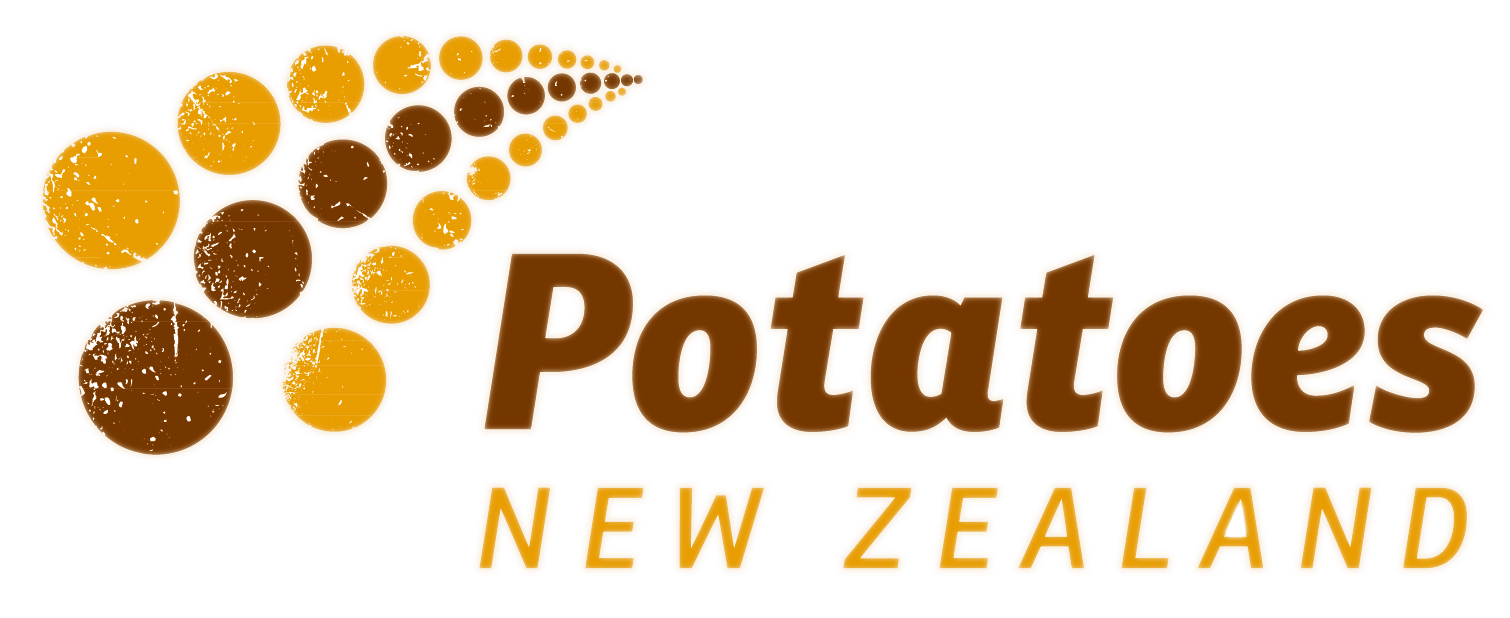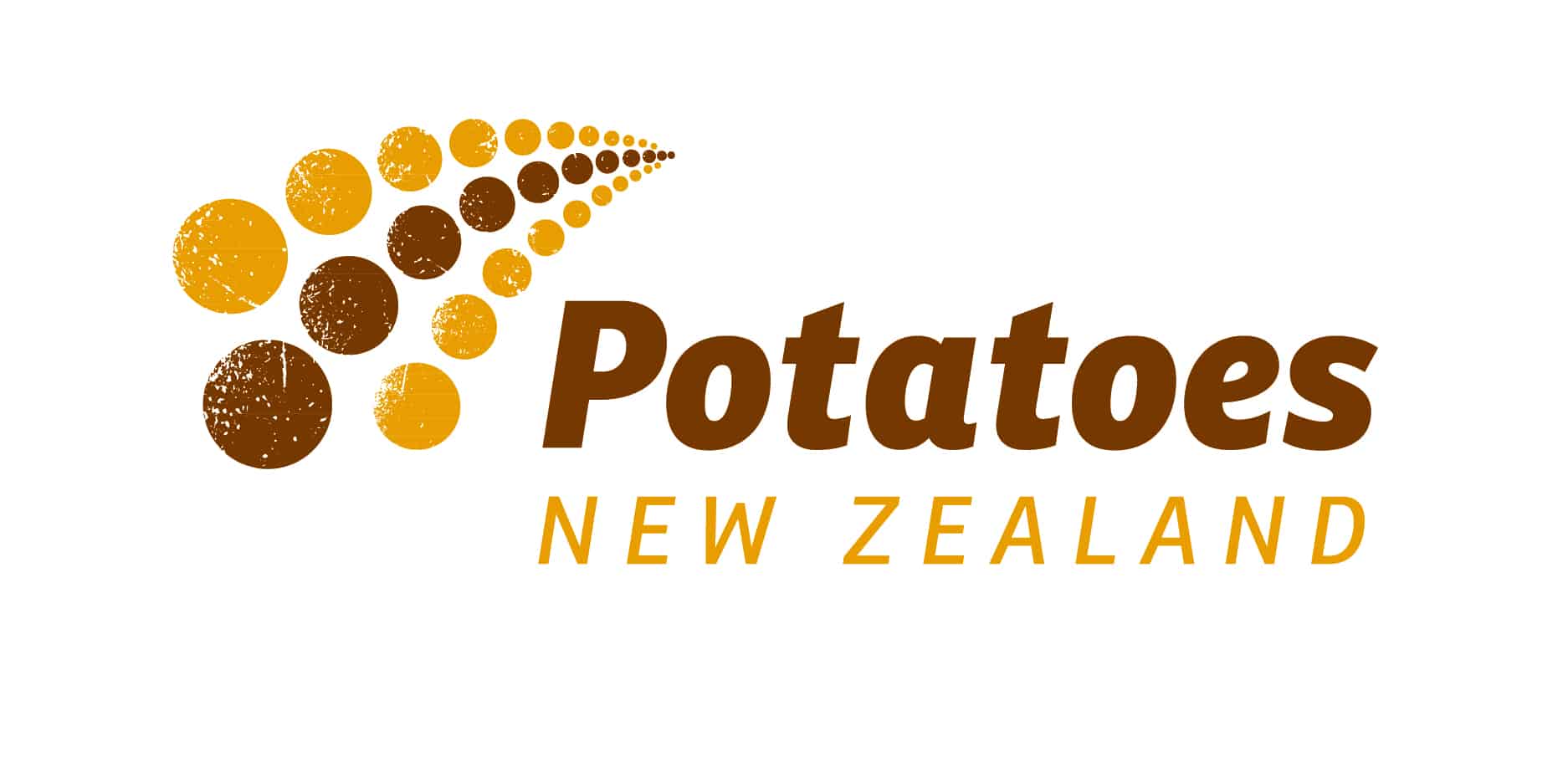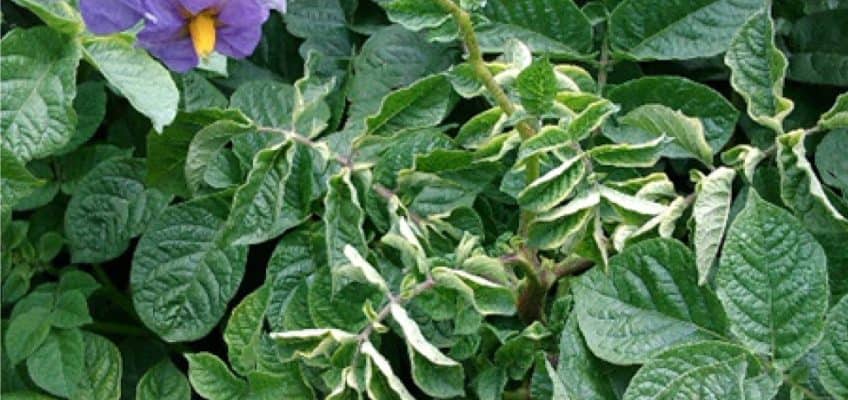We’re so proud of the research achievements in our Canterbury Potato Liberibacter programme that we’ve decided to share the newsletter to our wider stakeholder audience. To find out all the other information on this multi-project, special-levy funded programme go to this webpage .
| The Canterbury Psyllid Liberibacter Initiative (CPLI) was formed in August 2021 by like-minded farmers and industry representatives to combat the devastating impact of the Liberibacter (Lso) bacterium causing Zebra chip in potato crops. You can read about the CPLI project on the PNZ website here. Download our CPLI programme roadmap here. Dear Canterbury Potato Grower, Industry Members and Financial Supporters, The new season is well underway, with very changeable weather patterns. The crops appear to be off to an average start, despite recent rainfall events, albeit with slower than normal crop development. We have been watching for the first sightings of psyllid and as at the start of December they are now active in the boxthorn of north Rakaia and we expect they are also present in boxthorn in south Rakaia.   These photos from Roger Blyth show all Psyllid life stages at the North Rakaia Boxthorn in early December. The good news is that the predatory and beneficial insect species we released later in the last season in north Rakaia boxthorn, have decimated the psyllids population there and have successfully overwintered at this site, reducing the psyllid background populations. We have also released these predatory and beneficial insects earlier this season at the south Rakaia boxthorn and will be monitoring their performance during the 2022-23 season. The first sightings of psyllids have been slightly later than usual this season but we don’t consider there is any likelihood to relax psyllid control prematurely without further scientific monitoring. The new psyllid traps have arrived and are running along side the sticky traps, so we can trial their performance.    The concept is to trap predominantly psyllids and less other species, so as to make collection and identification easier. The trap uses antifreeze in the test tube to preserve the insects. The collector then puts a cap on the tube when collecting it and replaces it with a new clean tube. The trap also has the option of holding a psyllid attractant/lure in future, when we have further developed an effective one. PNZ-84 CPLI- 5 TPP Lure & traps project is undertaken by Kate Braidwood “Developing an Effective Attractant Lure for TPP”  This Project links with the TPP Cone Traps and aligns to the CPLI R&D Strategy for 2022-23 season. CPLI Programme summaryPNZ-84 Canterbury Potato Liberibacter Initiative (CPLI) is the overarching programme, with multiple projects as below. PNZ-84 CPLI-1 Contact resistance The aim of the project was to investigate whether selected contact insecticides at label rate were efficacious on a field-collected population of TPP from Canterbury. MAVRIK® AQUAFLO, Karate Zeon®, Pirimor® 50, Benevia®, Oberon®, Methafos 600, and Sparta™ were screened. The results showed no material difference in mortality of adults and nymphs between the ‘wild’ field-collected colony and the susceptible PFR TPP colony for all products tested. Therefore, the perceived lack of control of TPP in Canterbury may have been due to other factors. STATUS Project completed by Jessica Vereijssen (PFR) and the full report is available on the PNZ website PNZ-84 CPLI-2 Systemic Resistance The project investigated the field population against nine insecticides with systemic and/or translaminar properties at label rate. This involved screening the insecticides against TPP collected from the field in March 2021 and the susceptible PFR lab colony as a control. The insecticides tested included Benevia®, Oberon®, Methafos 600, UpholdTM, TransformTM, AVID®, Chess® WG, Movento® 150 OD and Mainman®. STATUS Project completed and full report available on the PNZ website PNZ-84 CPLI-3 Biological control Post Doc Investigate the use of biological control agents to manage TPP populations in both potato crops and in alternate / over-wintering hosts. Identify and shortlist potential biocontrol agents based on scientific literature, specific life-traits and potential TPP consumption. Small scale experiments will determine the actual performance of candidates on TPP-infested potato leaves and on African Boxthorn leaves, as well as possible control agent feeding preferences on one or more TPP life stages. Host-plant tolerance and preference will be determined and the extent to which selected biocontrol agents can survive/reproduce on potato and boxthorn plants. Release of predators at boxthorn locations have taken place and further releases are planned following laboratory studies. STATUS This project will be completed by a Post-Doc researcher at Lincoln University. PNZ-84 CPLI-4 Systemic acquired resistance This project involved the screening of Systemic Acquired Resistance (SAR) products and antibiotics for efficacy on liberibacter. Selected products/compounds were tested for their activity on reducing zebra chip symptoms in potato tubers. The trial was conducted in a shade house at PFR Lincoln, using potato tubers planted in pots. CLso-positive adult TPP from the PFR Lab colony will be used. Products tested include, KeyStreptoTM, Force Field, Actigard®, and Kendal®. STATUS Project completed and report available on website. PNZ-84 CPLI-5 TPP Lure & traps Using lures to attract and kill TPP to prevent their entry into potato crops, a range of products will be investigated for attractancy and repulsion of psyllids. These will include: Agar; Gums e.g. guar, xanthan etc.; Gels; Surfactants; Encapsulants; Desiccants; Sterilant. Evaluation of these products using both “hot” and “cold” psyllids will be undertaken to ensure attraction to both. STATUS Underway. This project is being completed by a Masters student at Lincoln University. PNZ-84 CPLI-6 Calcium propionate The fertilisation of potatoes with calcium propionate to prevent spread of Liberibacter. In this project, potatoes will be fertigated with calcium propionate in greenhouse pots. Once the plant has taken up sufficient calcium propionate that it will be afforded protection against liberibacter, vectored by “hot” TPP. Potato seed will be grown in pots in virgin soil obtained from fields in Canterbury, representative of those that will be growing potatoes. Plants will be treated with calcium propionate as a soil application. Some plants will be infected with TPP from either “hot” or “cold” colonies and compared against non-TPP treated plants. The effect of calcium propionate on the infection by liberibacter will be determined in the leaves, stems and tubers. STATUS This project will be completed by a Masters student at Lincoln University. PNZ-84 CPLI-7 Border plantings Using selected border planting to attract beneficial insects and limit Psyllid ingress into potato crops. STATUS Underway again for the 2022-23 crop season. PNZ-84 CPLI-8 Bioassay The rapid detection of liberibacter plants in the field using starch conversion iodine testing. STATUS Not started. This project will be completed by a researcher at Lincoln University. PNZ-84 CPLI-9 Spray Technology Review Investigate different spray technologies and techniques for efficacy of coverage. STATUS Not started, seeking funding. PNZ-84 CPLI-10 Tolerant Varieties PNZ is investigating USA bred varieties which show tolerance to liberibacter. STATUS Early stages. PNZ-84 CPLI-11 Levity Cropscience product trial Testing the Indra product as a possibility for slowing down the metabolic processes of liberibacter. The aim is to reduce the symptoms of Zebra Chip. STATUS 1st application onto burbank crop in December 2022 and continue into early 2023. Preliminary results expected in Autumn 2023. Contribute to this initiative For those growers that didn’t donate last season and are interested in supporting this positive initiative going forward, we offer the opportunity to support this R&D effort from your next crop in 2023 and not from your 2022 crop. To formalise your co-investment of the TPP and Lso Initiative lead by Potato Growers and Industry in Canterbury complete this confirmation request using this form and email to accounts@potatoesnz.co.nz. This voluntary Levy is collected through the PNZ BELIS (Biosecurity Emissions Levy Information System) and deposited into the PNZ Charitable Trust bank account. i.e Your voluntary levy will be treated as a donation so it is tax deductible to you. Newsletters and information on these CPLI projects can also be found on the Potatoes NZ website. The CPLI working group is currently comprised of 18 representatives from across the NZ Potato Industry: Seed and Process Growers; Processing Industry Representatives; Agronomy and Potato service companies; Potato NZ personnel; Plant and Food Research scientists; Lincoln University researchers and the Field Research Centre at Lincoln University. I would like to take the opportunity to thank those on the committee for their commitment, resolve, help and support as we work in a very positive way with the broad range of these research projects to find a way forward and a solution to the TPP issue in our Potato crops. I wish Canterbury Potato Growers, Industry Members and Financial Supporters, a Merry Christmas, prosperous New Year and plentiful harvest in 2023. Kind regards, John Jackson (CPLI Chair) Email – jwj.jacko@outlook.com Phone – 027 215 2593 |



